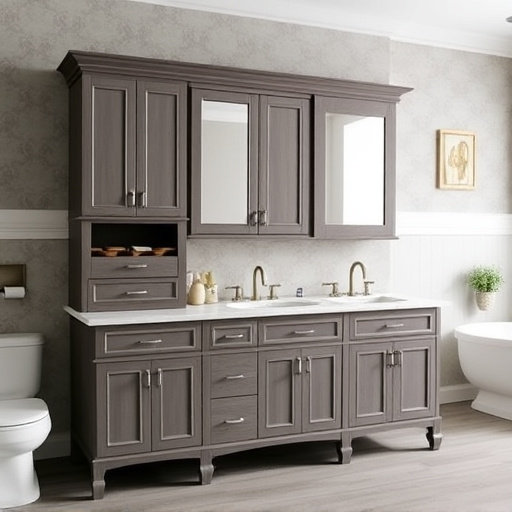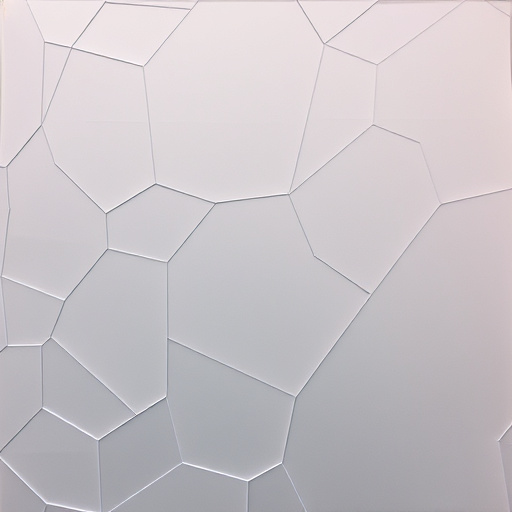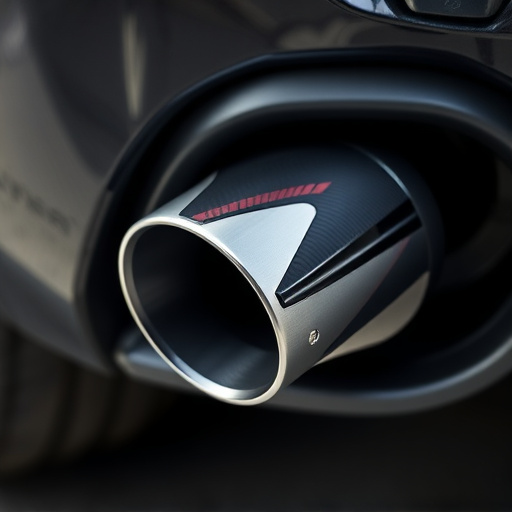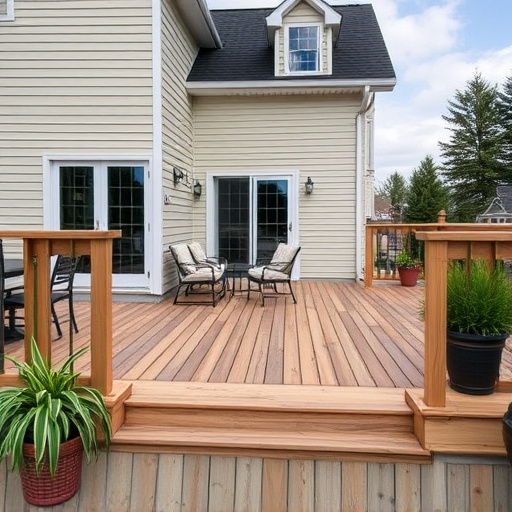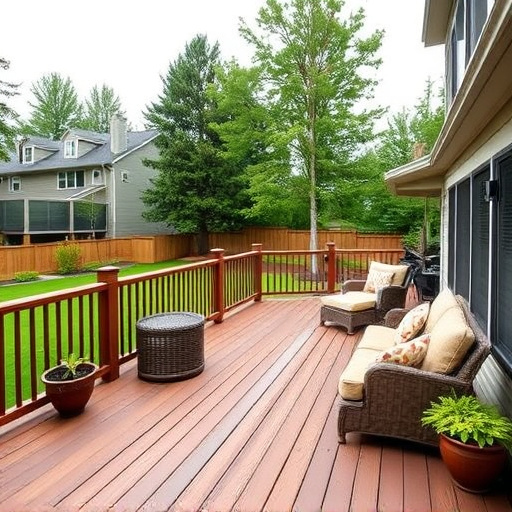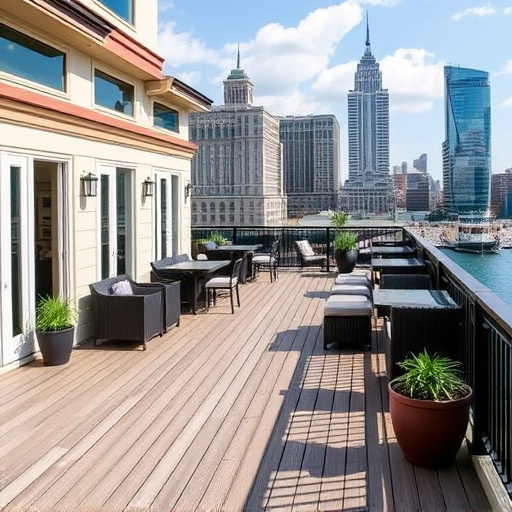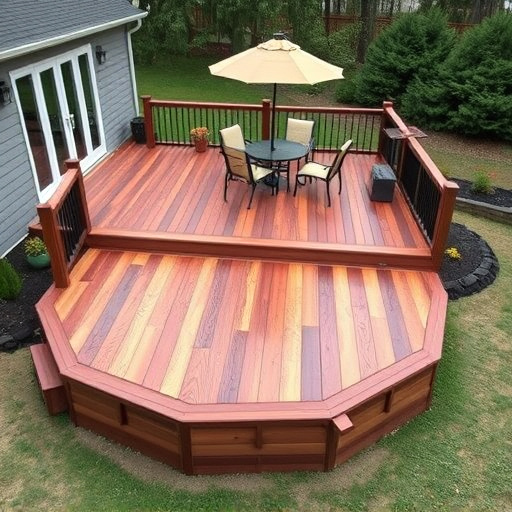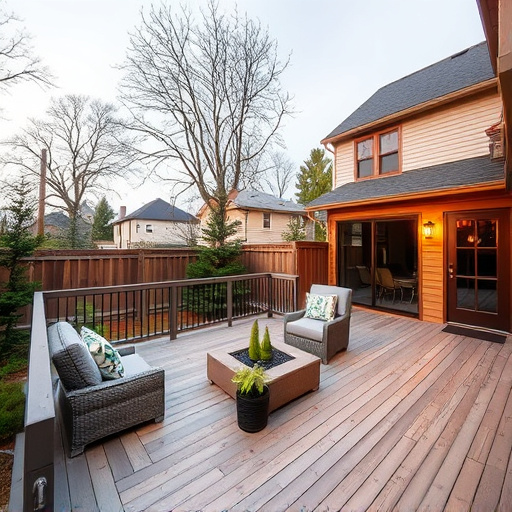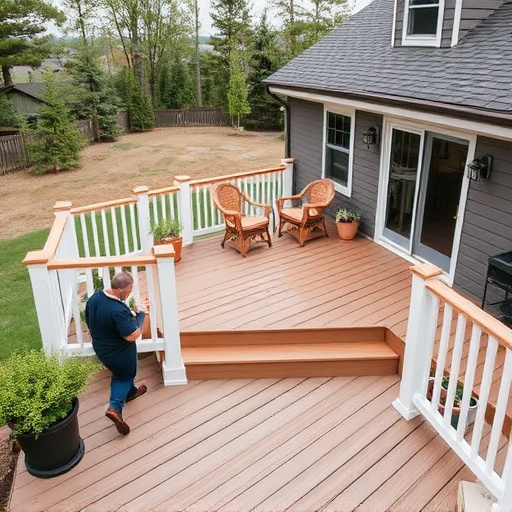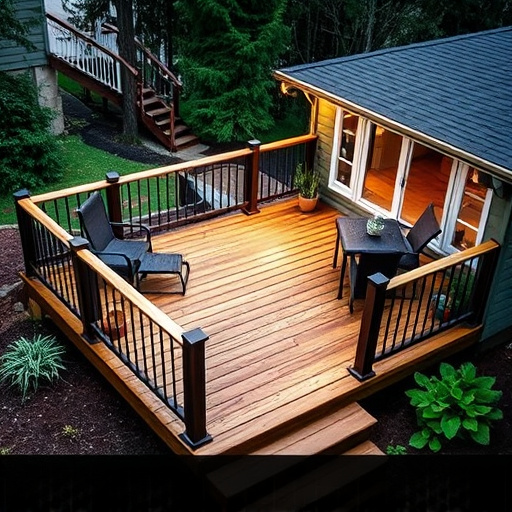Residential decking transforms outdoor spaces into functional living areas, boosting property value and quality of life by extending indoor environments to the outdoors. It offers practical advantages like increased entertainment potential, improved accessibility, and enhanced safety for children and pets. A well-designed and maintained deck is a long-term investment that can endure diverse weather conditions. Incorporating slip-resistant surfaces significantly reduces accident risk, improves deck longevity, and creates low-maintenance outdoor spaces. Composite decking and specialized anti-slip coatings are popular choices, while eco-friendly rubberized coatings provide a sustainable alternative for both residential and commercial applications.
Residential decking is not just about aesthetics; it’s a key outdoor living space that enhances property value and quality of life. As homeowners seek safer, more durable options, slip-resistant surface treatments have gained prominence. This article delves into the significance of residential decking, explores the advantages of slip-resistant surfaces, and highlights popular materials for creating safe, low-maintenance decks. Discover how these innovations transform your outdoor oasis into a secure and enjoyable retreat.
- Understanding Residential Decking and Its Importance
- The Benefits of Slip-Resistant Surface Options
- Exploring Popular Slip-Resistant Materials for Decks
Understanding Residential Decking and Its Importance
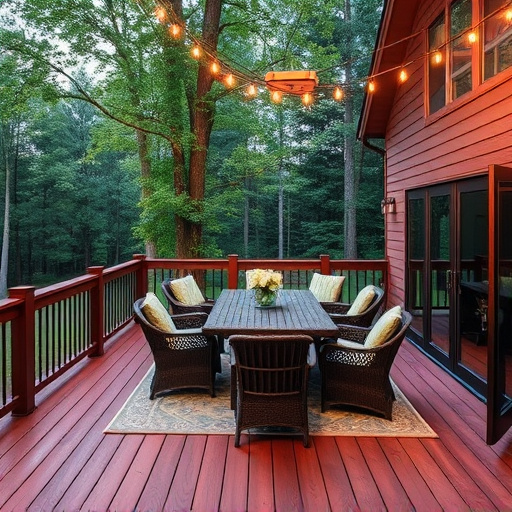
Residential decking is a significant feature in many homes, providing outdoor living spaces that enhance quality of life and property value. It serves as an extension of indoor areas, enabling residents to enjoy the fresh air, natural light, and scenic views from their own private retreats. The importance of residential decking goes beyond aesthetics; it also offers functional benefits like increased outdoor entertainment capacity, improved accessibility, and enhanced safety for children and pets.
Properly designed and maintained decking can withstand various weather conditions, making it a long-term investment for any homeowner. In terms of slip-resistant surface options, which are crucial for safety, especially in humid or slippery environments, there is a range of materials to choose from. Incorporating these solutions not only ensures the well-being of occupants but also contributes to the overall durability and appeal of the residential decking, complementing home service solutions tailored for commercial roofing and roof repair needs.
The Benefits of Slip-Resistant Surface Options
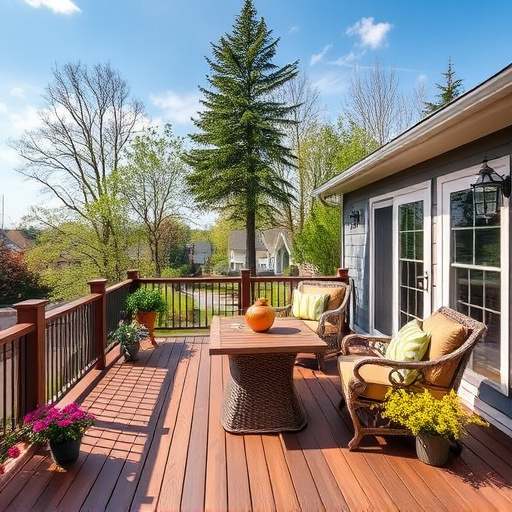
Residential decking with slip-resistant surfaces offers numerous advantages for homeowners. One of the primary benefits is enhanced safety, especially in areas with high foot traffic or where children play. Slip-resistant coatings and textures significantly reduce the risk of accidents, providing a secure space for residents and visitors alike. This is particularly important for older adults and individuals with reduced mobility, ensuring they can enjoy their outdoor living spaces without worrying about slips or falls.
Additionally, these surfaces contribute to the longevity of the decking itself. Slip-resistant options are designed to withstand wear and tear, preserving the structural integrity of the deck. Unlike traditional decking materials that may become slick when wet, slip-resistant coatings remain effective even in humid conditions, making them ideal for homes with nearby swimming pools or water features. By choosing residential decking with these surface options, homeowners can combine style, comfort, and safety, creating a low-maintenance outdoor oasis that includes home service solutions like siding repairs and roof repair as part of their comprehensive property care.
Exploring Popular Slip-Resistant Materials for Decks
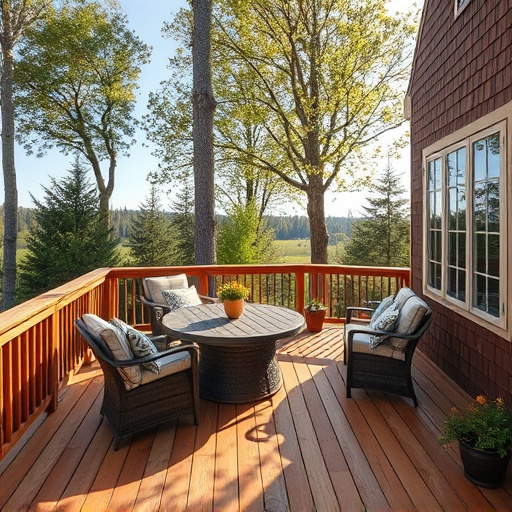
When it comes to residential decking, especially in areas prone to wet conditions or high traffic, choosing a slip-resistant surface is essential for safety and durability. There are numerous materials available that offer excellent anti-slip properties, enhancing the overall functionality and appeal of outdoor living spaces. Among the popular choices, composite decking stands out for its ability to mimic natural wood while providing superior slip resistance compared to traditional wooden decks. These composite boards are made from a mix of wood fibers and plastic, ensuring they don’t rot or warp like real wood.
Additionally, specialized anti-slip coatings and treatments have gained popularity in the residential decking market. These innovative solutions can be applied to various deck surfaces, including concrete and existing wooden decks. From textured coatings to non-skid strips, these options offer effective traction even in slick conditions. For those seeking a more natural look, rubberized coatings made from recycled materials provide an eco-friendly slip-resistant alternative, suitable for both residential and commercial roofing applications, ensuring safety without compromising aesthetics.
When it comes to residential decking, incorporating slip-resistant surface options isn’t just a safety measure; it enhances outdoor living spaces, ensuring comfort and peace of mind. By understanding the importance of deck surfaces and exploring durable materials, homeowners can create vibrant, safe oases that stand the test of time. Slip-resistant decking offers both style and functionality, allowing folks to fully enjoy their outdoor retreats without worry.



